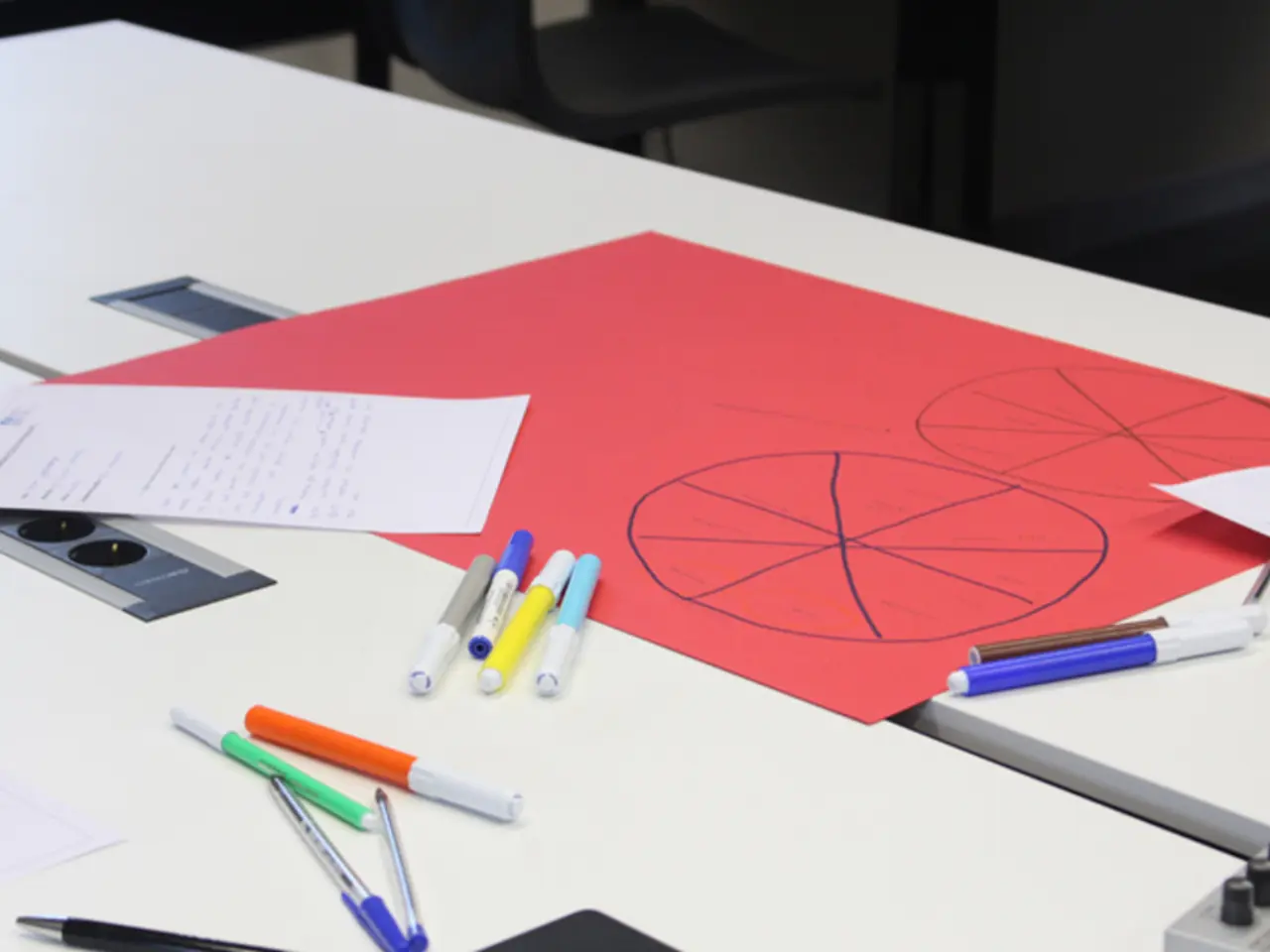Enhancing Skills by Means of Skill Assessments
Skill surveys are a valuable tool for gathering information about the skills of people within an organization or community. These surveys offer personalized assessments tailored to individual needs, encouraging self-awareness and improving career planning. By identifying areas for development and improvement, skill surveys help individuals and organizations grow and thrive.
To ensure that skill surveys are effective, it's essential to follow best practices. Aligning each question with specific learning or performance objectives is crucial, as this ensures the data collected drives actionable decisions. Combining open-ended and closed-ended questions provides a balance between quantitative measurement and qualitative insights, while keeping surveys short and focused on targeted skill areas reduces respondent fatigue and increases completion rates.
Using clear, concise, jargon-free language and avoiding double-barreled or complex questions is also important, as it helps respondents understand the questions and provide accurate answers. Designing surveys with mobile users in mind increases accessibility and response quality, while timing surveys properly ensures that feedback is captured when it is most relevant and fresh.
Before full deployment, it's essential to test surveys critically to catch issues like confusing questions, technical glitches, or survey fatigue risks. Companies that use skill surveys often experience better employee engagement.
Once the survey results are in, the real work begins. Anonymity is crucial in skill surveys to encourage honest responses from participants. The results can provide insights into an individual's strengths and weaknesses, as well as gaps that need to be filled to reach desired proficiency.
For example, a skill survey table might include columns for skills, levels, experience, and other relevant data. The table shows the current level and the desired level for each skill, allowing for the identification of the gap that needs to be filled to reach the desired proficiency.
To develop leadership, individuals can take on leadership roles in projects or volunteer activities, attend leadership training programs or workshops, and seek mentorship from experienced leaders. To improve communication, individuals can join public speaking classes or a Toastmasters club, get feedback from colleagues or mentors, and practice active listening. To enhance problem-solving, individuals can do brainstorming sessions or group discussions, read books or articles on problem-solving approaches, and learn from past experiences.
Taking proactive steps towards self-improvement based on skill survey results is key to staying relevant in today's professional landscape. Three skills identified through the analysis of the table are Communication, Leadership, and Problem-solving. Dedication, practice, and self-reflection are key to refining skills based on survey results.
Dr. Hugo Walters carried out notable research on skill surveys in the early 2000s, changing how people approached skill development and making skill surveys commonplace. Skill surveys promote self-awareness and help individuals gain a better understanding of their strengths, weaknesses, passions, and interests. Skill surveys provide quantitative data for easier interpretation through the use of rating scales or Likert-type questions.
In conclusion, skill surveys are a powerful tool for personal and professional growth. By following best practices in designing and conducting skill surveys, individuals and organizations can gather accurate, actionable data that drives measurable performance improvement. So, take the first step towards self-improvement today and reap the rewards of a more fulfilling and successful career tomorrow.
- Skill surveys offer personalized assessments that encourage self-awareness and improve career planning.
- To ensure effective skill surveys, it's crucial to align questions with specific learning or performance objectives.
- By identifying areas for development, skill surveys help individuals and organizations grow and thrive.
- Using clear, concise, jargon-free language is important to help respondents understand questions and provide accurate answers.
- Designing surveys with mobile users in mind increases accessibility and response quality.
- Timing surveys properly ensures that feedback is captured when it is most relevant and fresh.
- Anonymity is crucial in skill surveys to encourage honest responses.
- To develop leadership, communication, and problem-solving skills, individuals can take various proactive steps, such as seeking mentorship, attending training, and practicing active listening.




